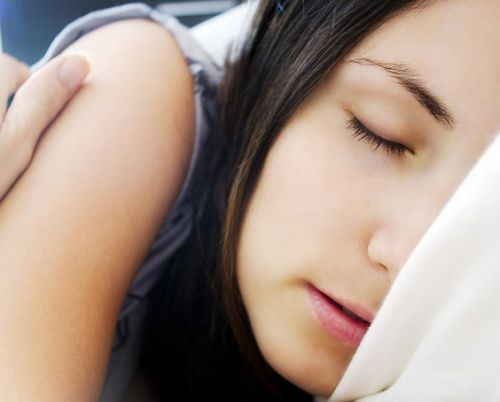Like to Sleep in? You May Be Suffering From a Sleep Disorder

Many of you who have trouble waking up before the afternoon, more times than not, might consider yourself "night owl." The term night owl may be an understatement and if you find yourself consistently struggling with waking up on time you may be suffering from a sleep disorder.
Delayed Sleep Phase Disorder (DSPD) is a circadian rhythm where your internal sleep pattern is delayed two or more hours from a normal sleep pattern. This causes you to sleep later and wake up later.
Many people suffering from DSPD often mistake it with insomnia. DSPD sufferers differ from insomniacs. An individual suffering from insomnia usually struggles with either falling asleep, staying asleep or both, whereas someone suffering from DSPD has trouble falling asleep. However, once the individual has fallen asleep he or she will sleep through the night and awaken in the late morning or early afternoon.
One's circadian rhythm, which is the internal body clock, tells you when to fall asleep, when to wake up, when to get hungry and when to have particular hormones secreted into the body. For some people his or her circadian rhythm can become either too early or too late. This causes one to sleep and wake outside of what is considered to be the normal sleep schedule.
DSPD usually develops during a person's adolescent years and can continue on into adulthood. Physicians usually see DSPD in teenagers, but adults may suffer from the condition as well. It affects 15 percent of teens and adults.
According to the American Sleep Association, environmental conditions can cause DSPD. When one is not exposed to an adequate amount of morning sunlight or overexposure to the sun during the evening can trigger your circadian rhythm to shift.
If you find yourself struggling to wake up early and it has taken a toll on your quality of life, speak with your healthcare provider.
Published by Medicaldaily.com



























